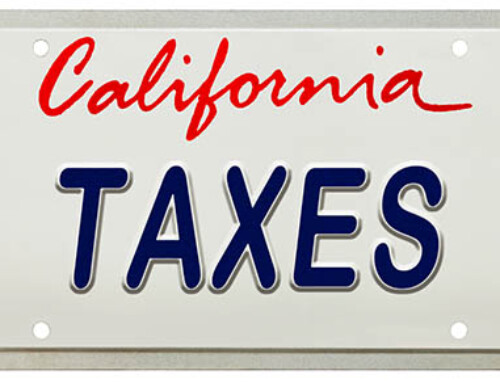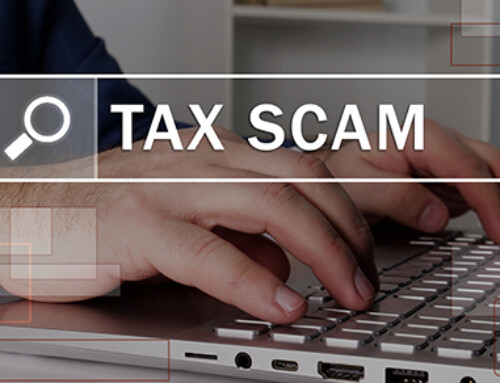Recently there have been an influx of calls and emails to citizens of Sonoma County from people claiming to be from the IRS. This is a known scam and is an ongoing issue. Here are some tips from the IRS website on how to identify a fake call from the IRS and what to do:
“The IRS reminds people that they can know pretty easily when a supposed IRS caller is a fake. Here are five things the scammers often do but the IRS will not do. Any one of these five things is a tell-tale sign of a scam. The IRS will never:
1. Call to demand immediate payment, nor will we call about taxes owed without first having mailed you a bill.
2. Demand that you pay taxes without giving you the opportunity to question or appeal the amount they say you owe.
3. Require you to use a specific payment method for your taxes, such as a prepaid debit card.
4. Ask for credit or debit card numbers over the phone.
5. Threaten to bring in local police or other law-enforcement groups to have you arrested for not paying.
If you get a phone call from someone claiming to be from the IRS and asking for money, here’s what you should do:
• If you know you owe taxes or think you might owe, call the IRS at 1.800.829.1040. The IRS workers can help you with a payment issue.
• If you know you don’t owe taxes or have no reason to believe that you do, report the incident to the Treasury Inspector General for Tax Administration (TIGTA) at 1.800.366.4484 or at www.tigta.gov.
• You can file a complaint using the FTC Complaint Assistant (https://www.ftccomplaintassistant.gov/); choose “Other” and then “Imposter Scams.” If the complaint involves someone impersonating the IRS, include the words “IRS Telephone Scam” in the notes.”
The fake e-mails people are receiving, in an attempt to obtain taxpayers’ personal and financial information and steal their identity and assets; this type of scam via e-mail is called “phishing.”
Some of the phishing scams include e-mails that appear to be official notices from the IRS Taxpayer Advocate Service, including a bogus case number, and fake IRS emails requiring taxpayers to verify their billing information. Recipients are directed to click on links that claim to provide information about the “advocate” assigned to the taxpayer’s case or to “review reported income.” The links then lead to web pages that solicit personal information.
What you need to know is: The IRS will never send any correspondence regarding taxes, refunds, direct debits or any other financial transactions via e-mail, text or any form of social media. The IRS will not request personal information, such as social security, bank account, credit cards or pin numbers via e-mail.
If you have any questions, please email or call your Linkenheimer LLP CPA at 707-546-0272.







Leave A Comment